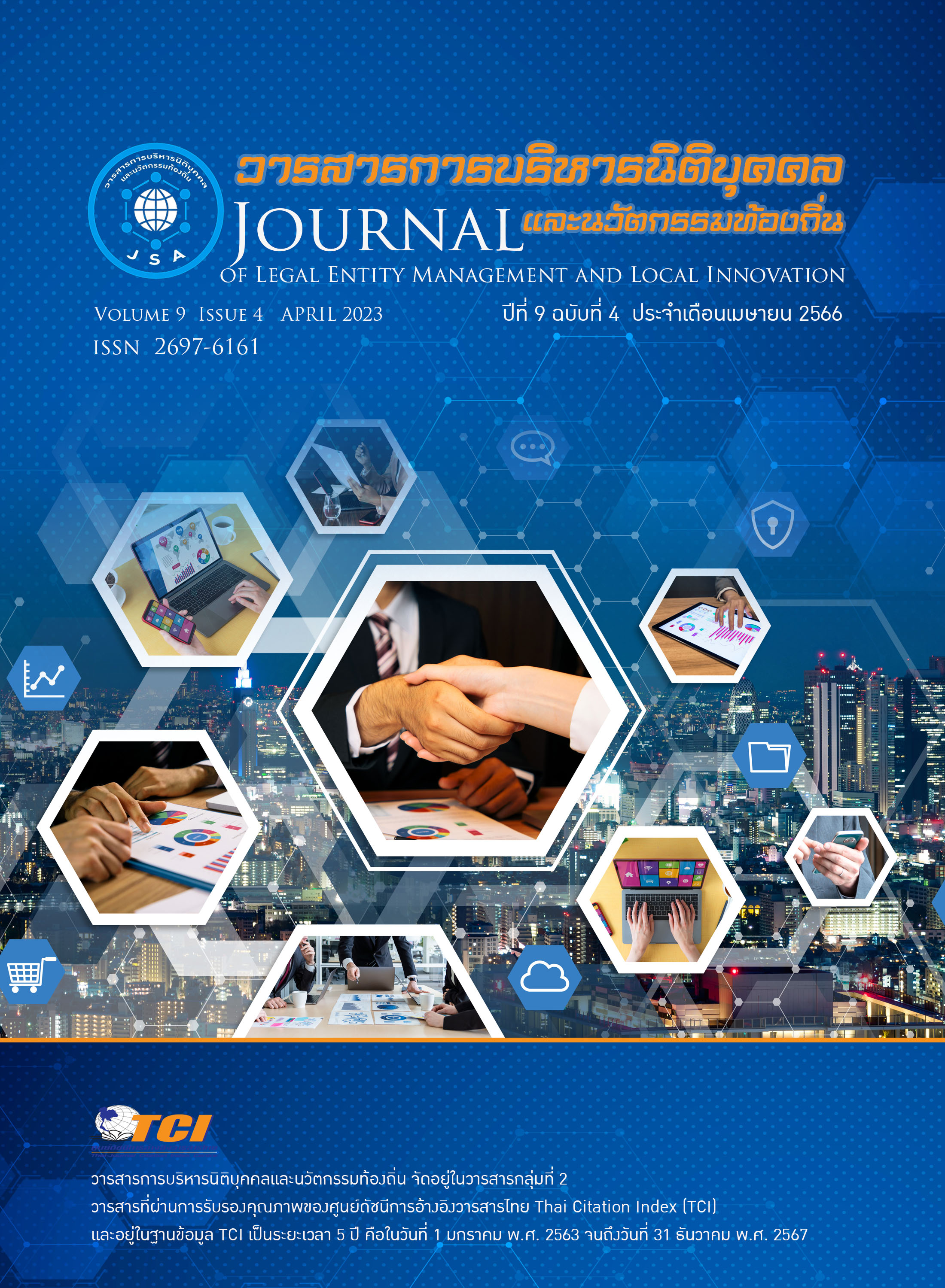The guideline of the operative performance of the Department of Business Development’s staffs
Keywords:
The guideline of the operative performanceAbstract
This study aimed to study the operative performance of the department of business development’s staff and compare the staff’s performances using individual factors. It also had an objective to suggest a guideline to enhance the department staff’s performances. The samples were 192 public servants in the general and knowledge-workers positions working in the department. A questionnaire was used to collect information. Moreover, structured interviews with 12 directors in the department were conducted. Statistical tools deployed to analyses the result include percentage value, standard deviation, t-test and F-test analysis, and descriptive analysis. The result revealed that the overall operative performance of the department of business development’s staff was high. Considering each perspective, it was found that the department’s staff had a “Very high” score in terms of resource efficiency ( = 4.22, S.D. = 0.69). In other perspectives, they received scores as follows: Work quantity ( = 4.03 , S.D. = 0.66), Quality ( = 3.99 , S.D. = 0.64), and promptness ( = 3.95 , S.D. = 0.72). Considering individual factors, it was found that staff with different ages, monthly income, and years of service did not have significant differences in overall operative performances and operative performances in each perspective. Moreover, staff with different gender, types of positions, and divisions did not have a significant difference in terms of overall operative performance. Meanwhile, staffs with different education levels have a significant difference in terms of overall operative performances and operative performances in each perspective. The guideline to enhance the operative performance of the Department of Business Development’s staff was also provided. This includes determining individual key performance indicators (KPI), conducting training activities, building knowledge and understanding regarding technology adoption for government service provision, and reflecting on problems from work to enhance operational processes to achieve the organization’s goals and meet people’s demands.


